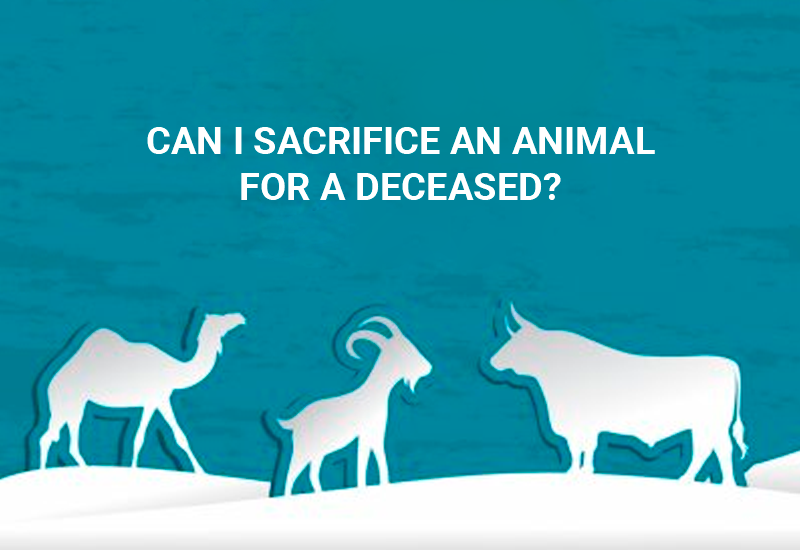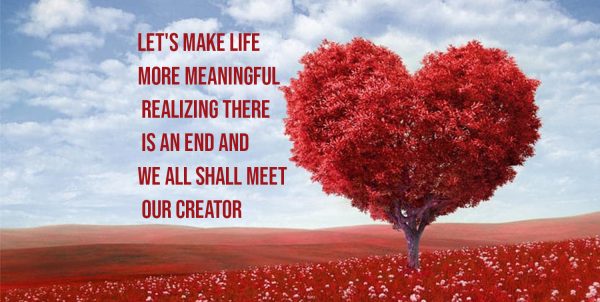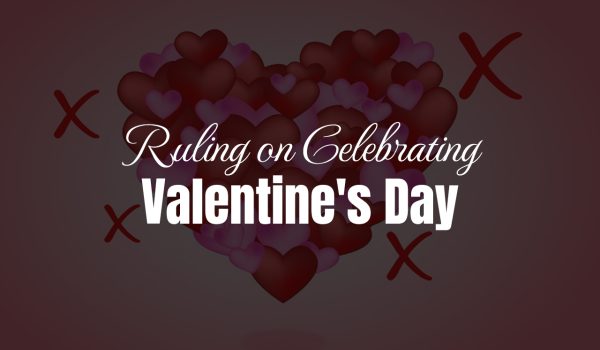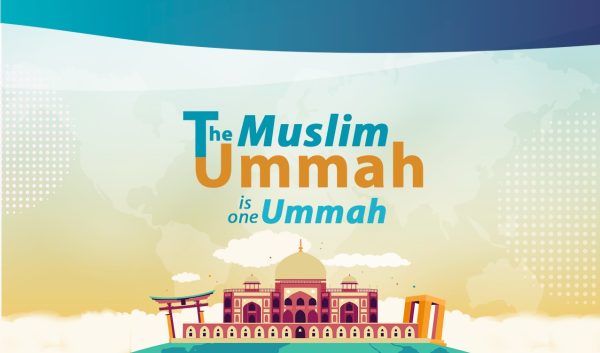It is the time of Eid-ul-Adha again- a time for Qurbani. On this occasion, people tend to miss their loved family members who are not with them, especially those who have left the world in a state of iman. I think of my deceased parents, elders or children. I desire that when I buy a sacrificial animal for myself, I buy an animal for them and sacrifice on their behalf also as proof of my love for them.
Of course, this idea is stemming out of our place of care for them. This is a natural kind of love that exists. It is understandable that family loyalty still exists even if our family members are not physically present.
However, what needs to be understood is that I can only benefit another if I am an owner of a possession and I have it with me. For example if I am alive and I have means, only then can I help another. But, if I do not have the money to help another, I will not be able to do so. Or if they are unable to obtain that help or use it any way, then I will not be able to extend that form of help.
Hence, when I die, I no longer have life and nor do I have the means to help another or decide for any of my possessions. I cannot sell, buy nor exchange any of my possessions and nor can I gift it.
A verse of the Qur’an says:
أَن لَّيْسَ لِلْإِنسَانِ إِلَّا مَا سَعَىٰ
And that there is not for man except that [good] for which he strives
[An-Najm:39]
And
وَلَا تَزِرُ وَازِرَةٌ وِزْرَ أُخْرَىٰ
And no bearer of burdens will bear the burden of another. nd no bearer of burdens will bear the burden of another.
[Faatir:18]
No one will carry my burden of sins nor can I distribute my rewards. They are not in my possession. Secondly, the person to whom I would like to give the gift of sacrifice is not there with me. He/she is in a state of barzakh and is with Allah (عَزَّوَجَلَّ) now. The capability to reward rests only with Allah (عَزَّوَجَلَّ).
Hence, I cannot distribute my worship to another because I do not own it. I am not responsible for the reward of it also. This is the general understanding as per the Qur’an and has been made the basis of other points of understanding.
The Prophet ﷺ was asked whether Hajj can be performed for a person who has passed away. He ﷺ gave permission for it. The same question was asked for the making-up for fasts for a deceased and permission was granted for that. Similarly, it was asked if I give a sadaqa (charity) on another’s behalf even if deceased and it was permitted. In one of the narrations, he ﷺ pointed towards water and said that water is the best form of charity from a person who is no longer alive. In fact, even offering a sacrifice on behalf of a deceased is an acceptable deed.
The sacrifice of Eid-ul-Adha is an exclusive form of worship with certain conditions that are attached. This is not only a monetary form of worship but in fact is a holistic worship in of itself.
There is no specific evidence to prove that a sacrifice will be accepted on behalf of the deceased for Eid ul Adha. Like there is no evidence that after I pray, I cannot send this prayer forward for a deceased person to benefit from it. My worship is only for me and only I benefit from it.
It is true that the Prophet ﷺ used to offer sacrifice on behalf of his Ummah. The Ummah included all those alive as well as deceased people of the Ummah. It included all the affording as well as the non-affording. Hence, this can be done in a general way but not specifically for an individual.
The Prophet ﷺ Ali (RadiAllahu Anhu) that “Offer a sacrifice for me from my wealth after my death.” There is debate on the authenticity of this hadith, and also this would be taken as words of a will to someone. Hence, if someone wills that after they die, then use my money to do Qurbani, then prescribed will.
If there is no will, then there is no allowance to do so. The main point of concern is that we want to do something that benefits our deceased loved ones.
Shaykh Uthaimeen (Rahimullahu Alaih) writes,
“The best way to benefit your deceased as per the Shariah is to pray for them and do istighfar.”
In a hadith we learn:
عَنْ أَبِي هُرَيْرَةَ أَنَّ رَسُولَ اللَّهِ صَلَّى اللَّهُ عَلَيْهِ وَسَلَّمَ قَالَ إِذَا مَاتَ الْإِنْسَانُ انْقَطَعَ عَنْهُ عَمَلُهُ إِلَّا مِنْ ثَلَاثَةٍ إِلَّا مِنْ صَدَقَةٍ جَارِيَةٍ أَوْ عِلْمٍ يُنْتَفَعُ بِهِ أَوْ وَلَدٍ صَالِحٍ يَدْعُو لَهُ
Abu Huraira (RadiAllahu Anhu) reported: The Messenger of Allah ﷺ said, “When the human being dies, his deeds end except for three: ongoing charity, beneficial knowledge, or a righteous child who prays for him.”
(Ṣaḥīḥ Muslim 1631)
When a child prays for the forgiveness of his parents, the parents’ ranks are raised. This is as per Shariah. This is what we need to adopt.
The Companions of the Prophet ﷺ nor the Pious Predecessors practiced the sacrifice of animals for the deceased. Abu Bakr Siddique, Umar Farooq nor Usman (RadiAllahu Anhum Ajmaeen) loved the Prophet ﷺ very much but there is no evidence that they offered a sacrifice for him on his behalf during the days of Eid ul Adha. No sacrifice was offered for any other companion who had met his death.
Our aim is to benefit our loved ones and the best way is to follow what has been prescribed. This is the key and keeps that link created between the ones who are gone and us. May Allah Ta’ala guide us to the Straight Path. Aameen.












